What are Proteins? | Brief Description of Amino Acids and Peptide Bond
Proteins are polymers of amino acids containing carbon, nitrogen oxygen, and hydrogen. Different proteins contain a different number of amino acids. This number can vary from very few to 3000 or more.
The process of protein synthesis is called Translation. Ribosomes are the sites of protein synthesis. These ribosomes are suspended in the cytoplasm. they are also attached to Endoplasmic Reticulum.
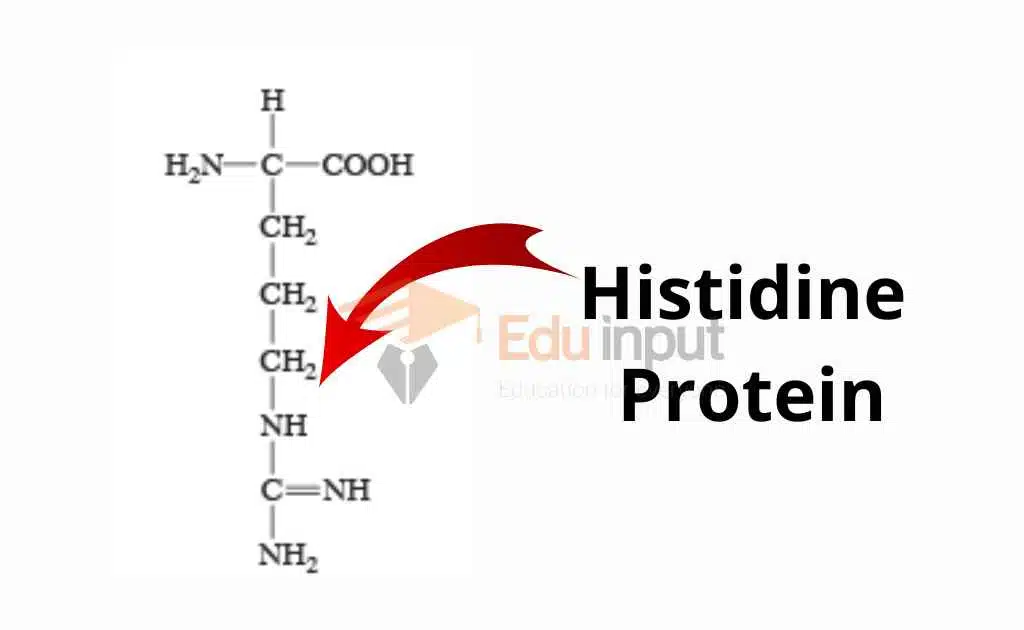
Amino Acid
All amino acids have an amino group (NH2) and a carboxyl group (COOH), attached to the same carbon atom, also known as alpha carbon. There are 170 types of amino acids in cells and tissues. Only 25 amino acids make up proteins. However, most Of the protein contains 20 types of amino acids.
They have a general formula as
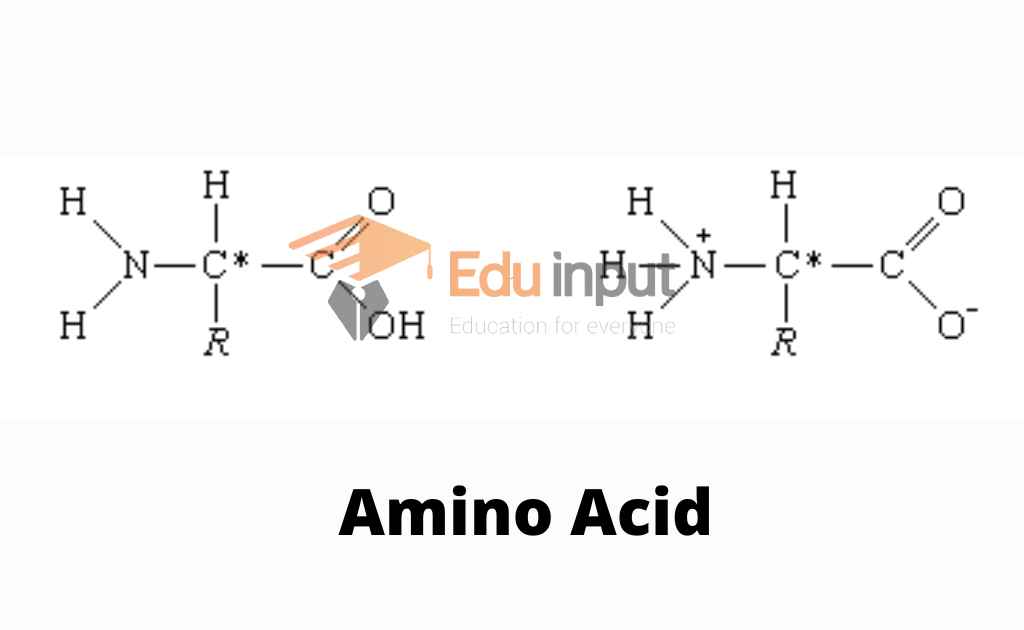
R can be a hydrogen atom as in the amino acid glycine. It may be CH, as in alanine amino acid. Or it could be any other group. Therefore, amino acids mainly differ in the type or nature of the R group.
Formation of Proteins from Amino Acids
Amino acids are linked to form a polypeptide chain. The amine group of one amino acid reacts with the carboxyl group of another amino acid and the C-N bond is formed. This CN bond is called a peptide bond. Water is released during peptide bond formation.
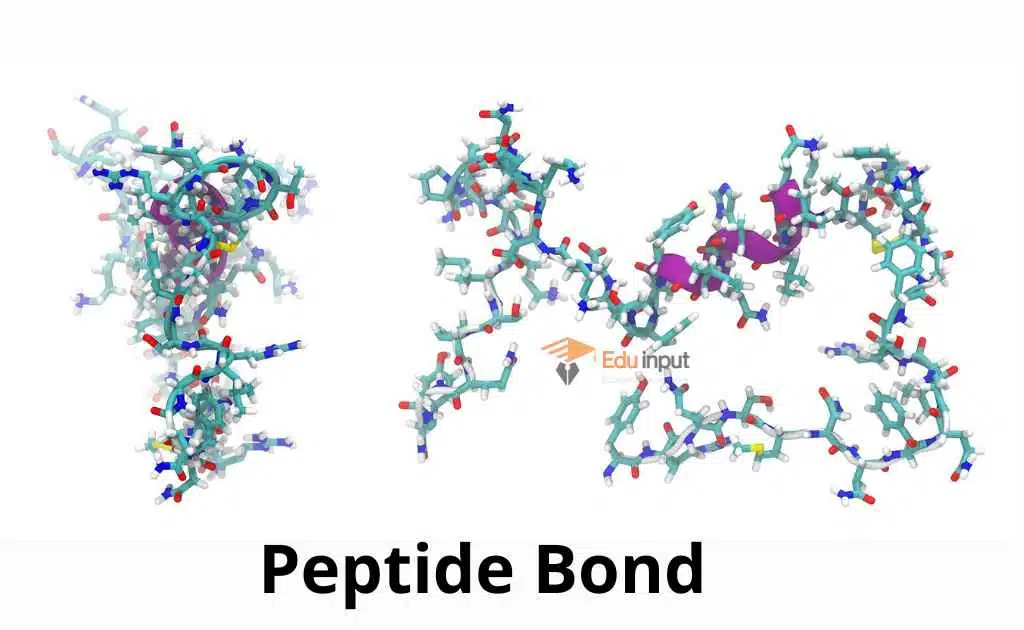
For example, glycine and alanine combine to form glycylalanine. It has two amino acid units. Thus it is called a dipeptide. A dipeptide always has an amino group at one end and a carboxyl group at the other end.
Then the two reactive parts are again available for the further formation of peptide bonds. In this way, tripeptide, tetrapeptide, pentapeptide, etc are formed. Finally, they will form a polypeptide chain.
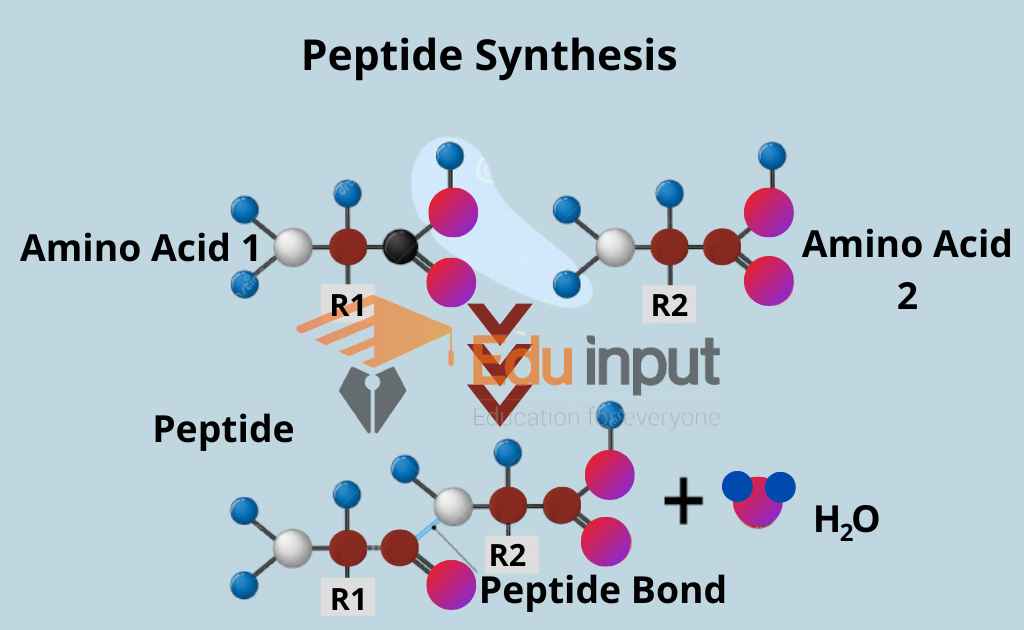
Importance of Proteins
Proteins are the most abundant compound present in the cells. Proteins form more than 50% of the dry weight of organisms’ bodies. They are present in all types of cells and parts of the cell. Almost all metabolic activities depend on proteins.
Functions of Proteins
Proteins perform the following functions:
1. They build many cellular structures such as cell membranes.
2. All enzymes are protein in nature. These enzymes control the metabolism of the cell.
3. Most hormones are also protein in nature. Hormones regulate metabolic processes.
4. Some proteins (e.g. hemoglobin) work as a carrier. They transport specific substances such as oxygen, lipids, metal ions, etc.
5. Some proteins are called antibodies. Antibodies defend the body against pathogens.
6. Blood clotting proteins prevent the loss of blood from the body after an injury.
7. The proteins cause the movement of organisms. They also cause the movement of chromosomes during anaphase of cell division.
Related FAQs
What are Proteins?
Proteins are biomolecules, that are polymers of amino acids containing carbon, nitrogen oxygen, and hydrogen.
What is the function of proteins?
Proteins are required for the synthesis of cell structures, Regulation of tissues & organs, and proper functioning of the cell.
What is the importance of proteins in a cell?
Proteins are the most abundant compound present in the cells. Proteins form more than 50% of the dry weight of organism’s bodies. They are present in all types of cells and parts of the cell. Almost all metabolic activities depend on proteins.
What is a protein made up of?
Proteins are made up of polymers of amino acids.

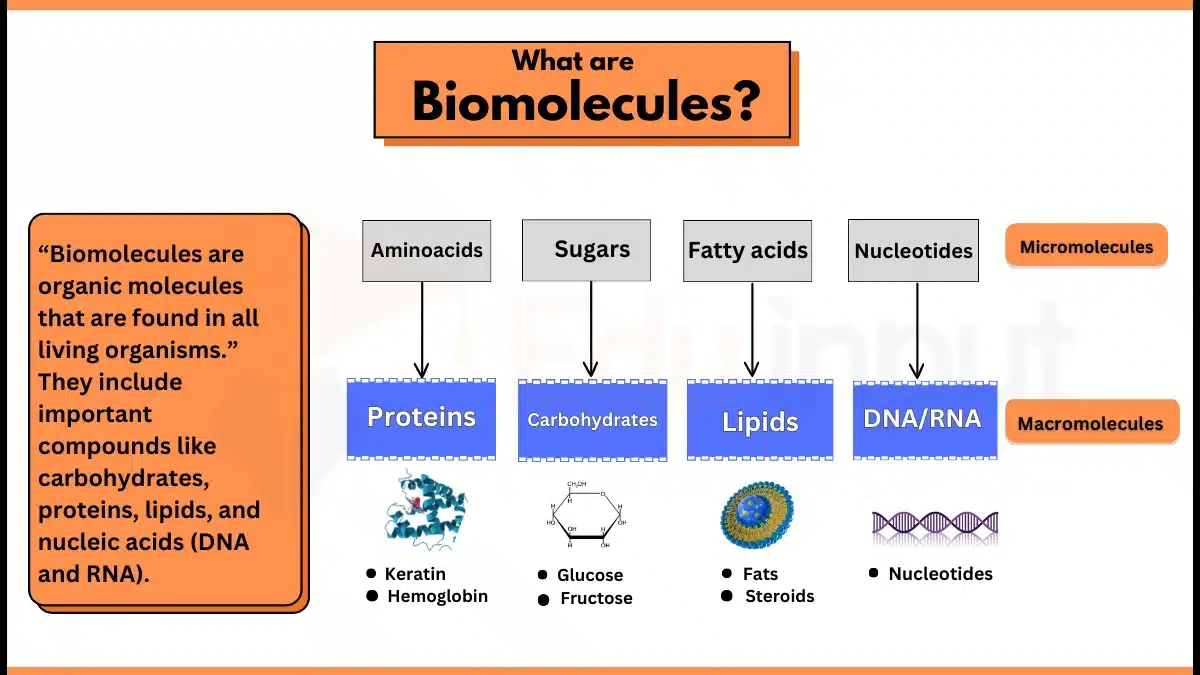
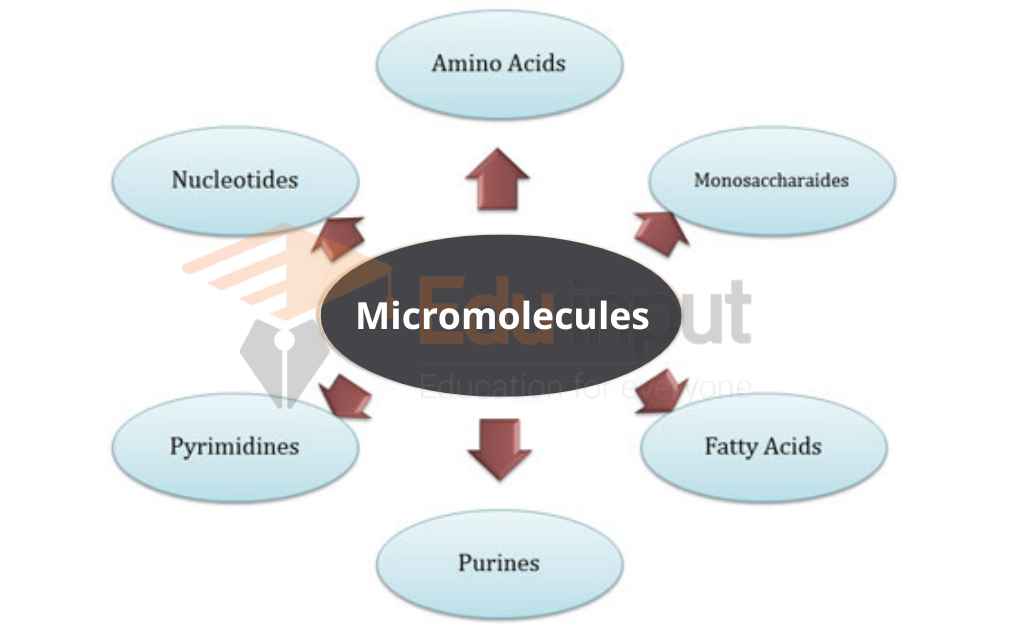

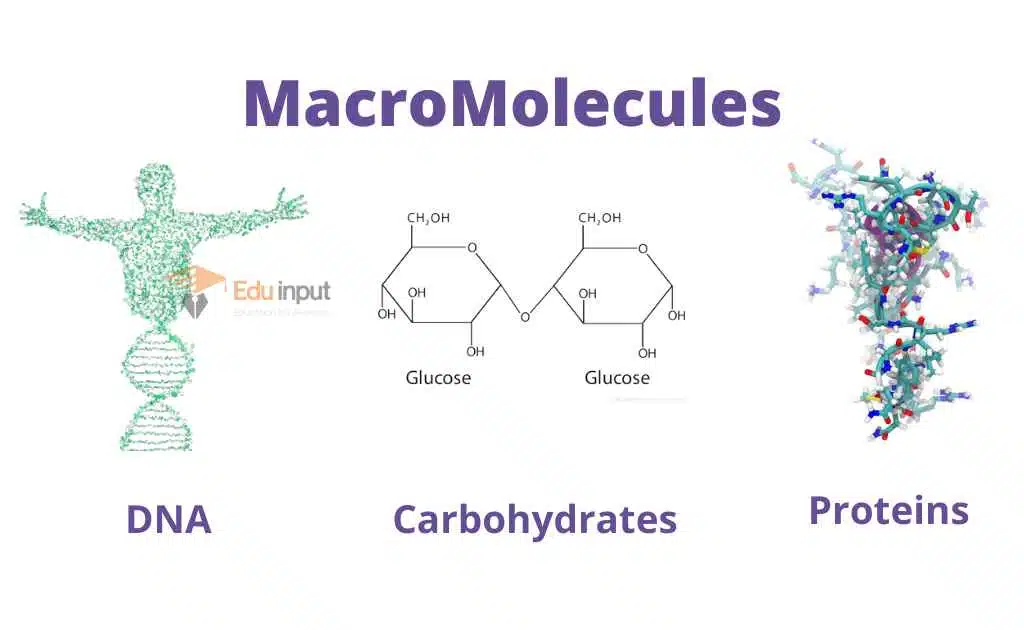


Leave a Reply